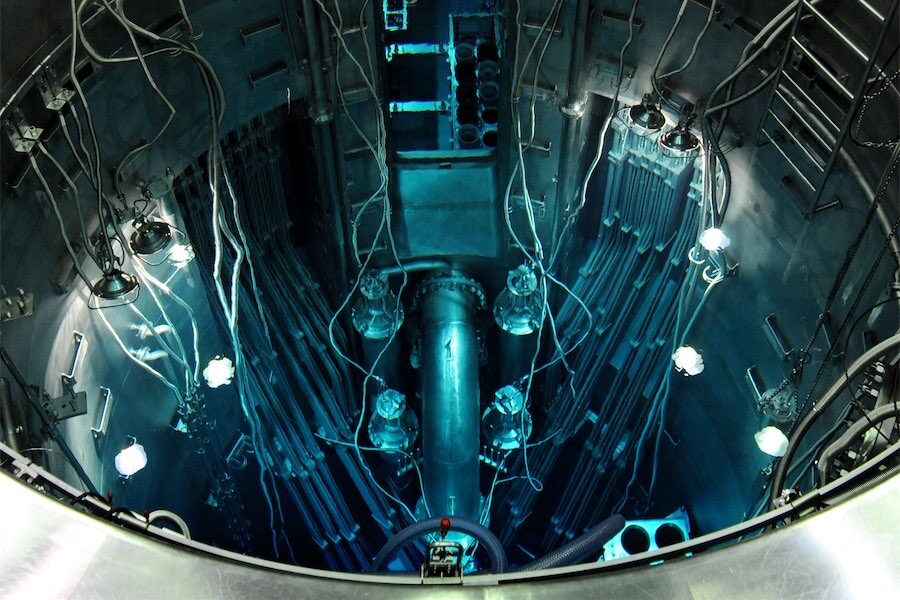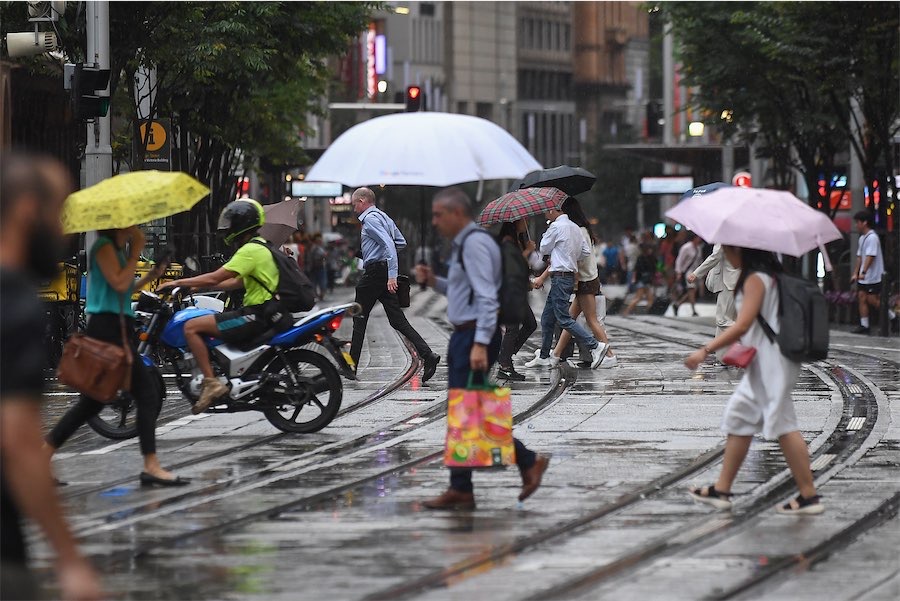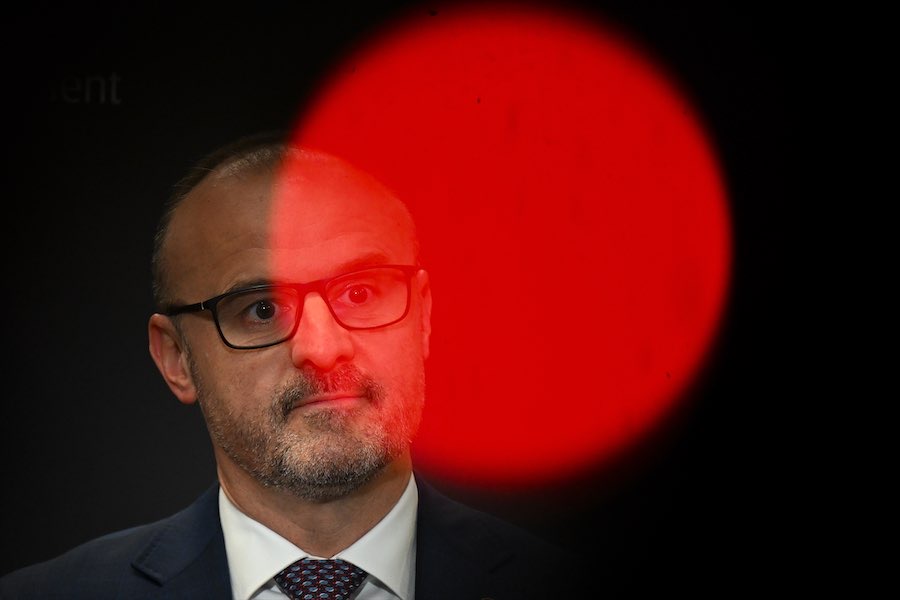
By Aaron Sheldrick in Canberra
Small modular reactors won’t be fully commercially available till the late 2040s at least, an independent grouping of Australia’s top technologists says.
Amid the public debate that erupted when the federal opposition announced its nuclear policy in June, the learned academy has released a report examining the reactors from a technology and engineering standpoint and found them wanting.
“They are a chimera at the moment,” Katherine Woodthorpe, president of the Australian Academy of Technological Sciences & Engineering, told AAP.
“They are not something today, where we could buy one and put one in and have it add any value to what we are trying to do in terms of reducing our carbon emissions”.
While there is bipartisanship on reaching net zero emissions by 2050, there are stark contrasts in how to get there, with the coalition pledging to build nuclear reactors and the government focusing on renewables and energy storage, with backup from gas plants.
Coalition Leader Peter Dutton announced the uncosted nuclear strategy in June, flagging reactors at coal power station sites in NSW, Queensland, Victoria, SA and WA.
The policy was met with howls of protests from many quarters, including state premiers and Indigenous leaders.
Small modular reactors, or SMRs, are being bandied about by nuclear proponents as a ready-made solution to providing consistent power supplies and cutting emissions at the same time.
These reactors would typically generate less than 300 megawatts of electricity, while standard nuclear reactors usually have capacity of around 1000 megawatts, similar in size to an average coal plant.
The academy’s report found the least risky option for Australia, if it chose to build small modular reactors, would be to wait until several models have been established and are operating in other OECD countries.
But that situation won’t emerge for decades.
“Assuming successful prototype trials, licensed vendor supported commercial releases could occur during the late 2030s to early 2040s and a fully formed market could emerge in the late 2040s,” the report says.
It assessed 14 prototypes being developed in OECD countries and found that none of them had reliable estimates of development and running costs.
“The capital and operating cost claims promoted by developers vary, and could be considered highly speculative as they have not been demonstrated or tested,” according to the report.
These considerations are important for the public to understand the viability of a technology that will be in place for decades if taken up, Dr Woodthorpe says.
“We wanted to particularly tackle (the issue) that small modular reactors are being thrown around as some sort of panacea and we wanted to talk about what they are, how they work, are they ready and could we have one tomorrow.”
Who can be trusted?
In a world of spin and confusion, there’s never been a more important time to support independent journalism in Canberra.
If you trust our work online and want to enforce the power of independent voices, I invite you to make a small contribution.
Every dollar of support is invested back into our journalism to help keep citynews.com.au strong and free.
Thank you,
Ian Meikle, editor





Leave a Reply